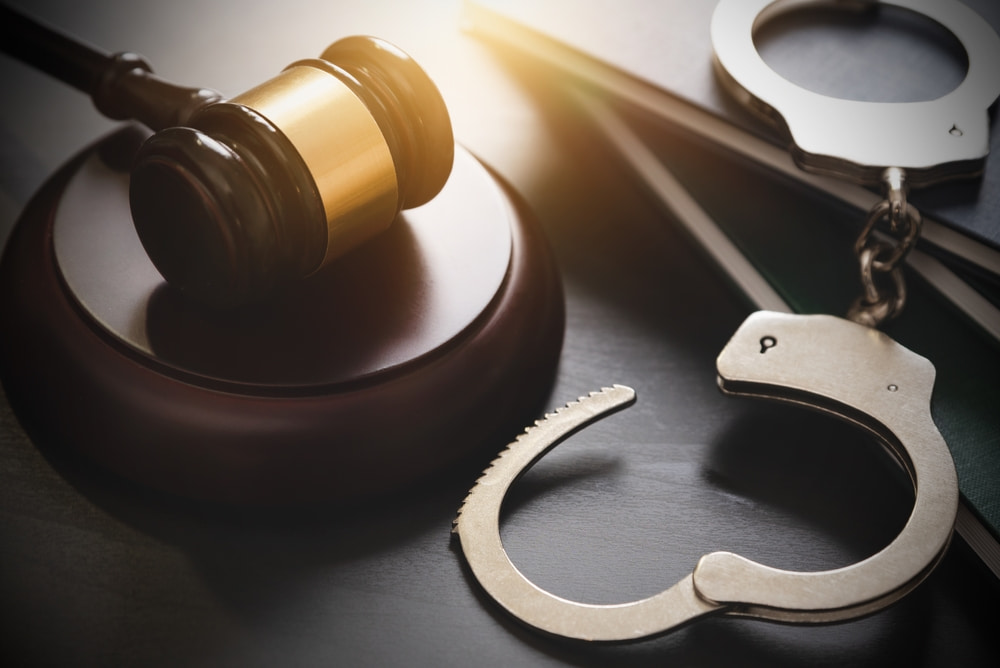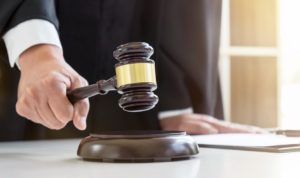What Does Unsupervised Probation Mean?

Unsupervised probation allows offenders to serve their sentence without regular check-ins with a probation officer. It’s typically given to low-risk or first-time offenders, but the individual must still follow court-ordered conditions. Violations can lead to jail time.
When you are convicted of a crime in California, you could receive one or more penalties. Criminal penalties include fines, prison sentences, mandatory therapy, registry on the sex offenders list, and driver’s license suspension. The nature of the crime, your criminal history, and other factors determine the type and severity of punishment.
Some individuals might receive probation as part of the sentence. A judge can order probation instead of a jail sentence. Most individuals would prefer serving probation instead of going to jail, even if they must follow the judge’s strict rules.
However, navigating these penalties can be complex, so it’s essential to have a skilled criminal defense lawyer to protect your rights and guide you through the process.
Quick Navigation Menu
What Is Probation?
Probation is a common penalty used by judges during sentencing. The judge orders the person to serve time in jail but suspends the sentence. Instead, the judge places the offender on probation for a specific period.
Probation is served outside of jail. The offender can live at home, work, go to school, and generally go about their daily lives. However, the judge may order one or more probation conditions.
Probation conditions might include:
- No alcohol or drug use
- Attendance at drug, alcohol, anger management, or other therapy sessions
- Community service
- Fines and restitution
- Weekly meetings with a parole officer
- Seek gainful employment or attend school
- Be subject to a restraining order
- Submit to random drug tests
- Not violate any other laws
In many cases, the individual must pay a weekly or monthly fee while on probation. The fee covers the meetings with the parole officer and supervision of the individual during the probation period.
If the person violates any of the probation terms, the judge can revoke probation and place the person in jail. For minor violations, the judge could extend probation or order additional terms for the probation instead of sending them to jail.
Who Can Receive Probation?
Probation may be warranted when the circumstances and the seriousness of the crime do not require the person to be incarcerated to protect the public. First-time offenders of non-violent crimes are often considered for probation. Probation is generally not considered for violent crimes, repeat offenders, or individuals that could pose a threat to society.
You can increase the chance that you might receive probation by the things you do between your arrest and sentencing. If you maintain a job, support your family, and are active in your community, you may demonstrate that you can be rehabilitated without going to jail.
Supervised vs. Unsupervised Probation in California
Unsupervised probation is often referred to as informal probation or misdemeanor probation. Judges consider unsupervised probation for low-risk offenders charged with misdemeanor crimes. While first-time offenders might have a better chance of receiving unsupervised probation, repeat offenders can also be eligible for misdemeanor probation.
 The judge assesses the prior convictions along with the current charges to determine if unsupervised probation is warranted. Offering evidence that you have learned your lesson and have begun to turn your life around could sway a judge to give you a second chance.
The judge assesses the prior convictions along with the current charges to determine if unsupervised probation is warranted. Offering evidence that you have learned your lesson and have begun to turn your life around could sway a judge to give you a second chance.
One of the most significant differences between supervised and unsupervised probation is the lack of a probation officer. The person is not required to report for regular meetings with a probation officer.
However, the judge may order the person to appear in court periodically to report to the judge about the person’s progress. Failure to appear in court when ordered is a violation of probation. The judge will issue a bench warrant for the person’s arrest.
The terms and conditions of unsupervised probation can be the same as supervised probation. Any violation of the terms can still result in the judge revoking probation and sending the person to jail.
On the other hand, if the person follows all terms of the unsupervised probation and is making progress, the judge could terminate the probation early. In some cases, the person might be eligible for an expungement of their criminal record after completing their probation.
Requesting Probation Instead of Jail
The prosecutor in your case may recommend probation to the judge as part of your plea deal. It is up to the judge whether to grant probation. The terms of your probation are also up to the judge.
However, your criminal defense lawyer can make requests for special circumstances. For example, if you need to travel for your job, your attorney may request an exception for travel for work purposes.
Probation terms may not always be favorable, but in most cases, they are preferable to spending time in jail. You can continue to work, go to school, spend time with your family, and enjoy life outside of jail as long as you follow the terms of your probation.

CONTACT A CRIMINAL DEFENSE ATTORNEY
Facing criminal charges in Los Angeles? Trust The Rodriguez Law Group Los Angeles Criminal Defense Attorneys to secure the best possible outcome. Our experienced criminal defense lawyers have 20+ years of expertise in handling criminal cases.


